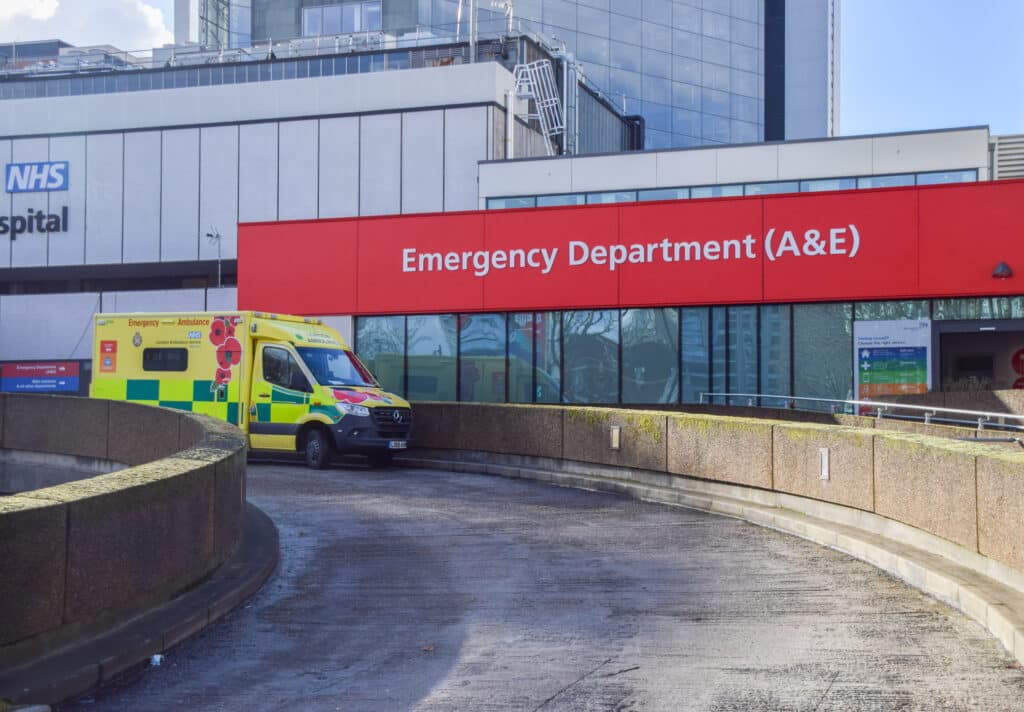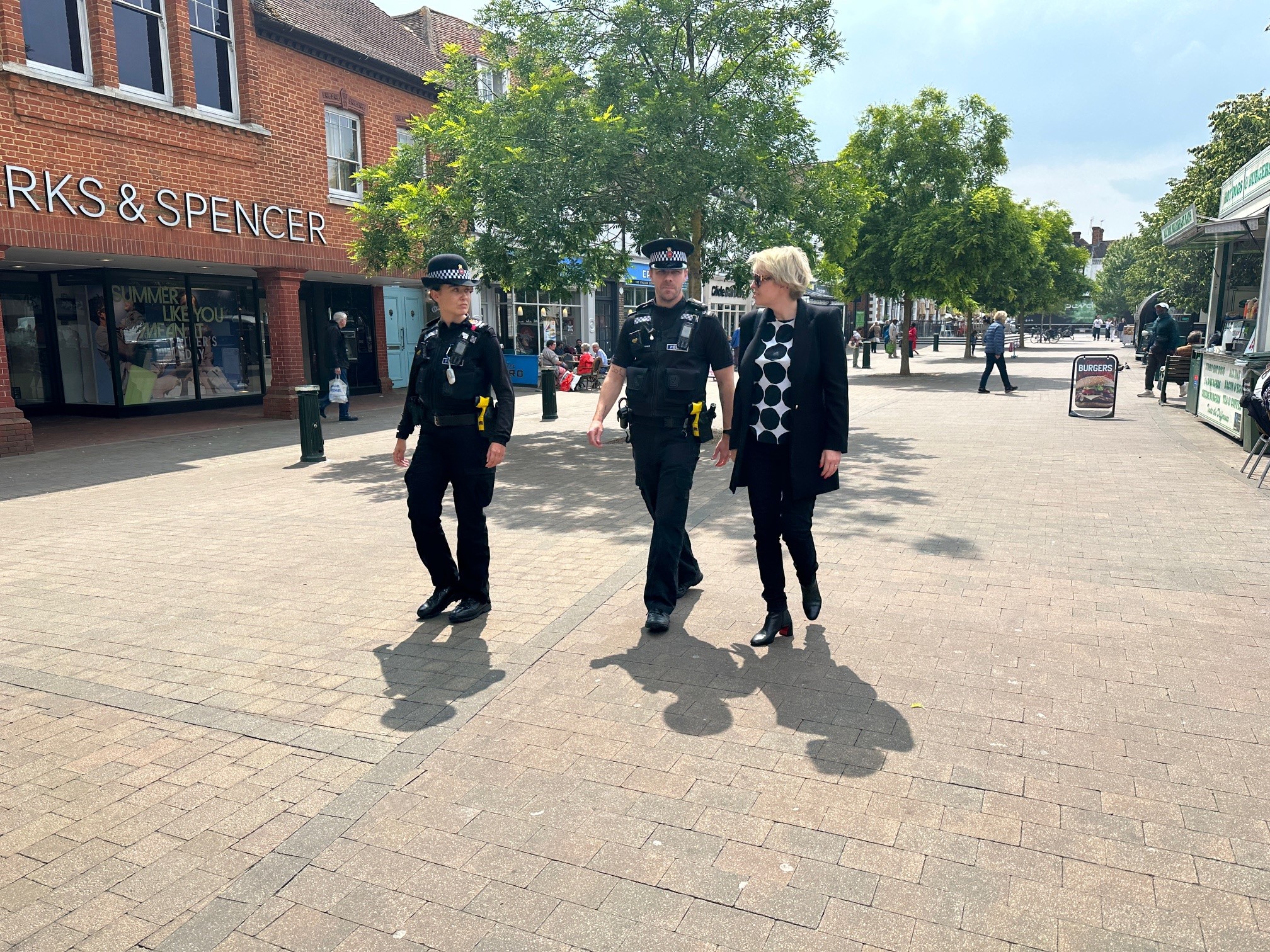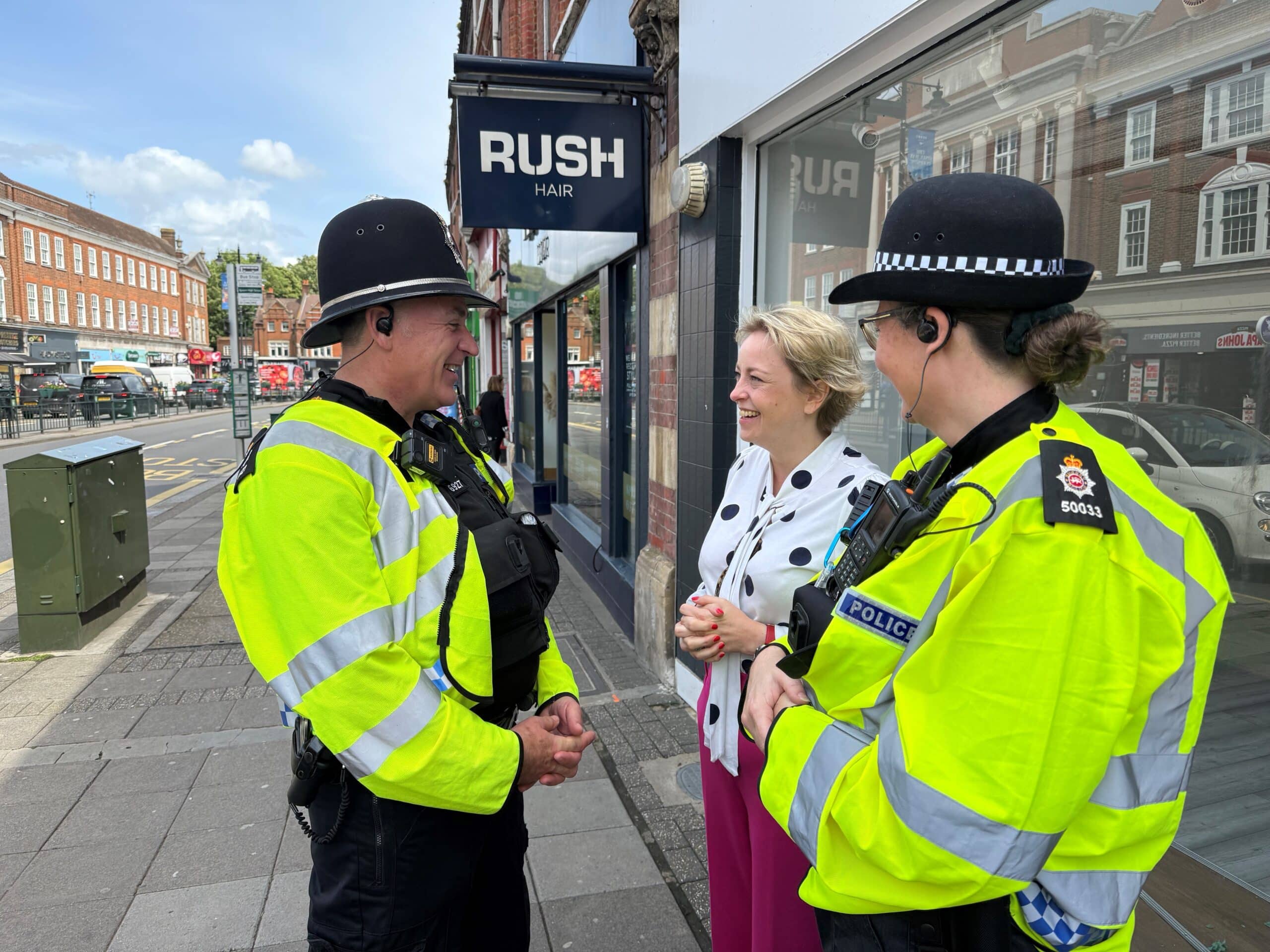It is recognised we are not as mature in this delivery as some other areas, particularly those that have received funding to establish Violence Reduction Units and therefore by working across these priorities we are developing the foundations of a whole system, placed based approach to serious violence.
These priorities also allow us to give immediate attention to addressing the issues of violence in Surrey whilst simultaneously working on the long-term change required to secure lasting impact.
Priority 1 – Leadership
Overarching aim: To create system change through investing in
a dynamic governance structure that enables the cultural change
necessary to bring about long-term reduction in the drivers of
violence.
- Recognise the contextual factors that allow violence to grow and the impact of serious violence on communities.
- Ensure meaningful wide engagement in the partnerships to support the local response to violence reduction.
- Develop an awareness raising programme that recognises the benefits of a whole system, place based approach to serious violence.
- Ensure we have the skills to respond to serious violence by supporting training, including specialist training.
- Establish a confident governance structure to foster a collaborative and consistent approach to violence reduction.
- Support the continued development of this Serious Violence Reduction Strategy by creating a dynamic delivery plan that works alongside our mature partnership groups.
- Develop a robust theory of change and evaluation framework to ensure the effectiveness of our response.
Priority 2 – Evidence
Overarching aim: To maximise our impact with smarter use of data
and intelligence to create targeted solutions.
- Support the partnership by improving data sharing to create a wider understanding of the drivers of violence;
- Create the opportunity to gather community voices to support our understanding of the impact of violence;
- Work on a hot-spot approach to target interventions within our communities;
- Develop a deep understanding using data, intelligence, and voices to map the connections between the wider determinants and violence;
- Focus on a problem-solving approach to understand the connections between victim, offender, place and time to build a rounded picture of serious violence in Surrey;
- Work with criminal justice partners to understand the complex needs of perpetrators and look at national responses for best practices.
Priority 3 – Connections
Overarching aim: To develop a placed based, community led
response to serious violence.
- Create an awareness programme and a culture of serious violence reduction being everyone’s business;
- Work alongside partners to take advantage of their community assets;
- Advocate for a counter-narrative approach that provides an alternative to violence within communities;
- Create a process that breaks down barriers and allows for the co-production of local interventions;
- Build relationships with schools, youth services and community groups supporting young people to create safe and supportive environments;
- Work with the criminal justice community to support the reduction of repeat offending and create the conditions for them to own their recovery.

Priority 4 – Focus
Overarching aim: To prevent and deter serious violence by
developing responses that address the causes, reducing the risk
factors and increasing the protective factors.
- Dedicate resources to mapping what we have in Surrey to support victims and to deter offenders, identifying any gaps in provision.
- Develop a response to hot-spot areas of violence particularly town centres, considering the link with the night-time economy.
- Support the interventions aimed at preventing young people from being more at risk of becoming a victim or perpetrator of serious violence.
- Recognise the already mature partnership response to some areas of serious violence and support the further development of preventative projects.
- Focus on deterrence by building more understanding of our offenders and perpetrators, developing enforcement activity and designing interventions showing the consequences of offending behaviours
Why is it important to us?
Surrey is fortunate to have a low level of serious violence compared to other areas and most of Surrey’s population will not have experienced or witnessed serious violence over the last year. However, when serious violence does occur it has a devastating impact on the victims and their families, instils fear within local communities, and is extremely costly to our society.
Despite its impact however, violence is preventable not inevitable and the strong dynamic of the Surrey Serious Violence Reduction Partnership can provide the catalyst to bring communities together with relevant public services to develop targeted interventions which prevents the environment that allows serious violence to grow.
Key statistics
- Violence in all police recorded crime categories has increased with ‘violence against women and girls offences increasing the most. It is believed this is in part due to an increase in confidence to report;
- The largest volume of Serious Violence offences was violence without injury, which has progressively increased over the last two years (+11.5%). Violence with injury is a much lower volume, however despite falling in 2021, it has increased to its highest volume in 2022 (+6.2% from 2021);
- Knife crime and the use of sharp objects make up
20% of all homicides and near misses; - There are an average of 4,750 contacts per year to the Surrey wide Domestic Abuse helpline;
- Most serious violence offences are recorded on Saturdays and Fridays with the volume of offences rising throughout the day, reaching a peak at 4pm;
- We know our offender age for violence with and without injury peaks at 30–34-year-olds with a noticeable rise around the 18- to 24-year-old mark as well. We can also see that 68% (over two thirds) of offenders are male in Surrey;
- We know that our victim age peaks at 18-24-year olds with a noticeable rise again within our 30 to 34-year-old mark. This is the reverse of the offender cohort;
- Surrey has clear hot spot areas across the county for both violence with and without injury and knife crime. These hot-spots are clearly linked to our town centres and more urban areas;
- Reoffending data shows that 20% of offenders commit further offences that result in a court conviction, caution, reprimand, or warning within the follow up year;
- Probation carries a significant number of cases where the offence is categorised as violent and of this cohort their unmet needs are predominately relationship, emotional support and changing attitudes;
- We can show a correlation between serious violence and Surrey’s drug market where 30% of drug offences have been linked to a violent offences committed between 2021 – 2022;
- A&E admissions for assault peaks in October and November with males being the predominant gender;
- Data for children and young people showed us that violence is also rising and we know there were 133 young people with cases open to the Youth Justice Team at the end of March 2023;
- 39% of violence victims are repeat victims, 53% of violence offences are committed against repeat victims.
How will we know we are making a difference?
Priority 1 – Leadership
Short term outcomes:
- Partners are able to provide oversight and leadership through an established governance structure;
- The partnership has a shared understanding of how to deliver an effective response to violence reduction;
- The partnership has effective engagement processes with statutory, voluntary and community sectors;
- Create a theory of change for specific cohorts and crime types.
Long term outcomes:
- Partners are invested and engaged in the wider work programme;
- Partners feel confident in their response to reducing serious violence.
Priority 2 – Evidence
Short term outcomes:
- Established process for gathering community voices;
- Detailed phase two work problem solving agreed cohorts, locations or crime types;
- Dedicated resources to help respond to data requests.
Long term outcomes:
- Improved data quality;
- Secure system for partners to confidently share data;
- Deep understanding of Surrey serious violence profile;
- Detailed performance management framework.
Priority 3 – Connections
Short term outcomes:
- Improved relationships with those working in communities;
- A greater understanding of what assets communities have that can help us reduce violence;
- More formal relationship with those in the criminal justice and youth violence space.
Long term outcomes:
- Communities feel they have been involved in decision making;
- Co-commissioning of interventions with communities;
- A deeper understanding of the communities in Surrey and their response to violence.
Priority 4 – Focus
Short term outcomes:
- Secondary evidence and problem profiles to aim the development of targeted interventions;
- Intervention gap analysis;
- Commissioning of Surrey specific perpetrator and victim services.
Long term outcomes:
- A reduction in public space / night time economy violence;
- A continued reduction in youth violence;
- A reduction in knife crime.
Further information
For more information about the Partnership in Surrey please visit the Healthy Surrey webpage.
Alternatively, you can contact the Serious Violence Lead at the Office of the Police and Crime Commissioner for Surrey on 01483 630200 or at surrey-pcc.gov.uk/contact-us
Latest News
“It’s what residents want to see”: Surrey’s Safer Streets Summer begins

Busy town centres across Surrey will see a tailored plan of action to tackle criminality and enhance community safety.
“Transformative” strategy to tackle criminality and restore pride sees crime drop in Redhill

The Safer Redhill scheme aims to restore pride in the community and drive out criminality.
Impacted by anti-social behaviour? Here’s why it matters (and where to get support)

One of the key priorities in the Commissioner's Police and Crime Plan is strengthening safe and resilient communities.